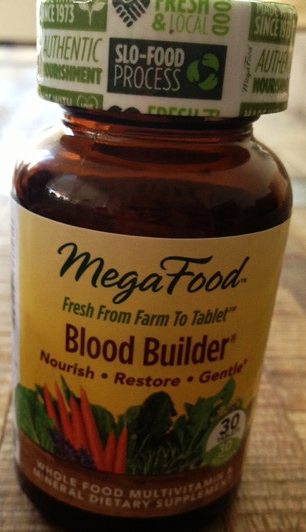@ hannah jenna and nicole
It's Halloween! The season of eating is just beginning, with Thanksgiving, Hannukah, Christmas and New Years right around the corner. During the summer it is easier to stay in shape, with the warm weather and less clothes being worn. Now that you can throw on that big sweater and call it a day, it's much harder to stay disciplined.
Here are some basic tips to make sure you don't fall too far off the fit wagon:
1. Hydration
It's the season of drinking…WATER. It'll help you stay full and suppress the appetite so you're less likely to binge. Thirst is often confused for hunger.
How much water do you actually need?
- Divide your weight by two
- Take that number and drink that many ounces per day
- Example: If you weigh 150 pounds, drink 75 ounces per day (there are roughly 8 ounces in a glass)
2. Pre-eat
My pre-eating ritual is one shared by my good friend Jen. For as long as I can remember we have both been pre-eating before late dinners and parties. Have a snack before leaving, that way when the food and drinks come around, you don't go wild!
Snacks:
Greek yogurt with a 1/2 banana and 1/4th cup of trail mix, e.g. almonds, peanuts, walnuts, raisins, cranberries
2 egg whites with 1/2 avocado or 1/2 tomato
Half of an english muffin with 2 tablespoons of peanut butter or almond butter (any nut butter really, just as long as it is unsalted! Stay away from the bloat).
Two Laughing Cow cheese wedges and 1/2 cup of grapes or a medium sized apple
2 to 3 ounces of hummus and carrots or 10 whole grain crackers
3. Choose your vice!
Would you rather a glass of wine or some cake? Try to either make it an alcohol night or a sweet night, not both.
Low cal drinks: Vodka and club soda with lime juice, Prosecco, Cava, Sauvignon Blanc or another dry white wine (less sugar), light beer. Stay away from anything with simple syrup, muddled fruit, or juices. Forget screwdrivers!
4. Don't lose your schedule
Stay motivated by having order in your life. In the beginning of the week, decide when you will work out. When that day comes, that is your plan, that is your friend, your buddy...that is your party.
5. Eat breakfast
I am truly breakfast's number one fan during all seasons but especially now! Don't 'save your calories' for later. Eat a sensible breakfast to jump start your metabolism and regulate your blood glucose all day.
Breakfast ideas:
1/2 cup oatmeal with 1 banana, or 2 tablespoons of peanut butter (or go a lil' crazy and have both).
100 calorie light english muffin with melted cheese or 2 tablespoons of almond butter
blend: 2 cups strawberries, 1 and 1/2 cups vanilla soy milk, 1 tablespoon of honey, 1 banana
1 apple and two ounces of cheese, 1/4th of a cup of nuts
Greek yogurt and 1/4th cup of granola and/or berries
3 egg whites with an english muffin with jelly
3 egg whites with 1/2 avocado (i'm really a fan of egg whites and avocado).
Make breakfast a habit. Consistency is key with anything in life especially with eating healthy pic.twitter.com/vwNzwSSK4p
— Ali (@alischeinfeld) November 20, 2013



